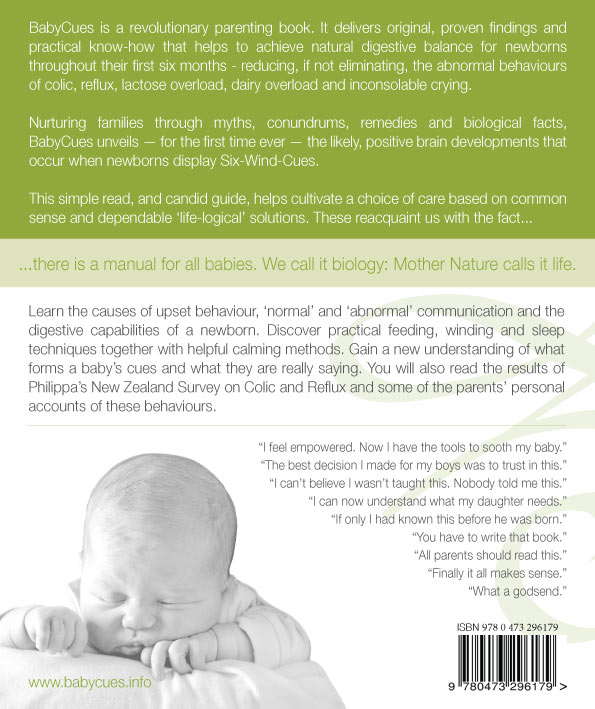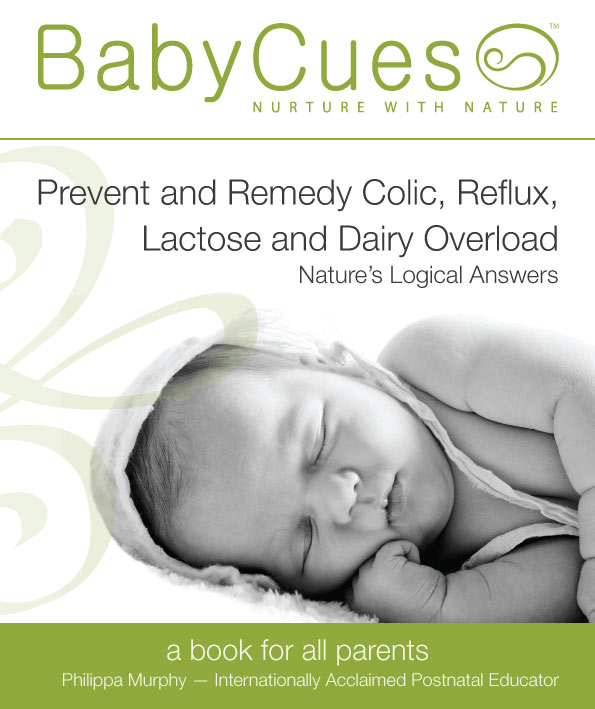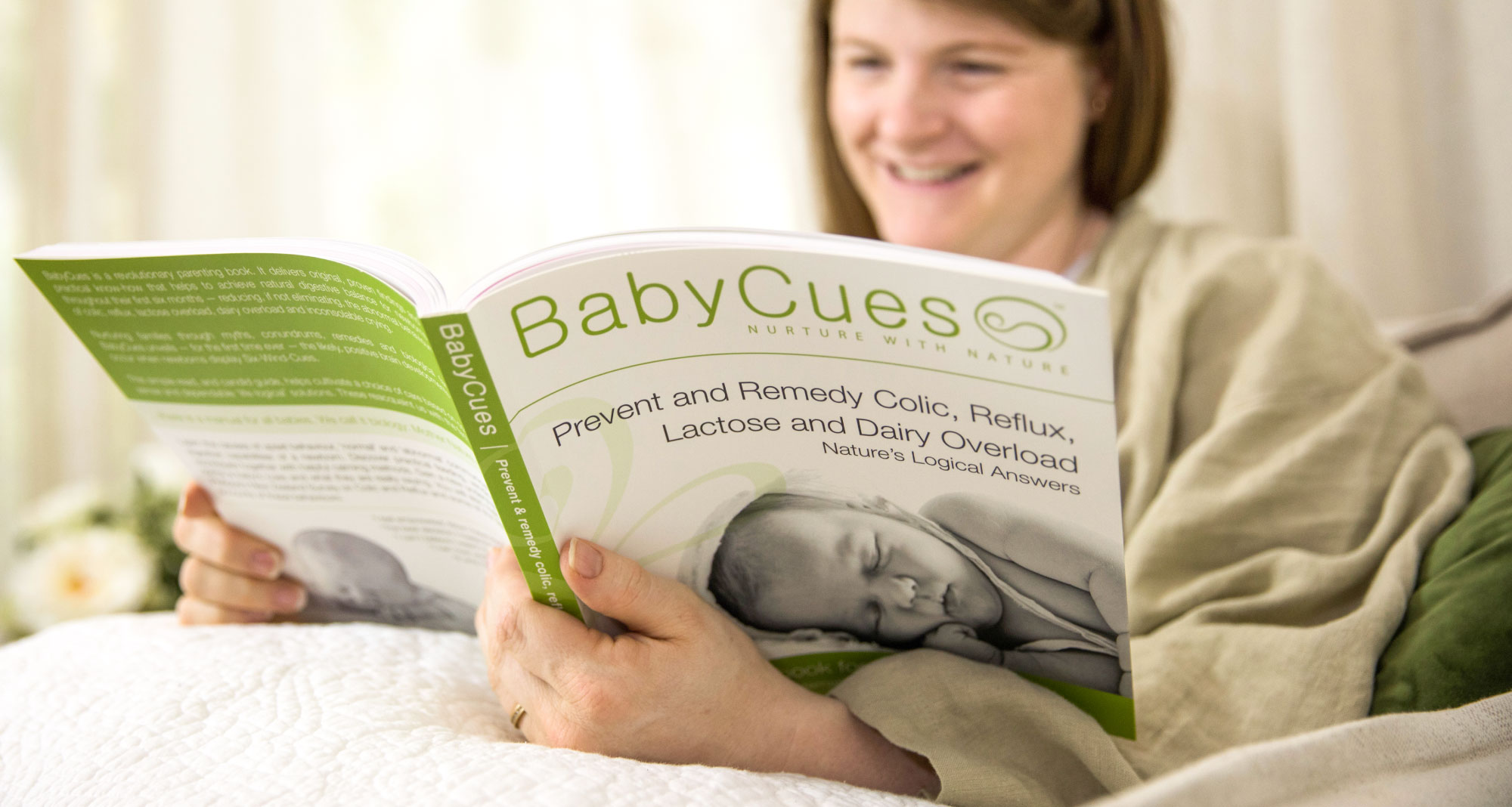Reflux Medicine - Why Most Newborns Don’t Need It

In my private practice I specialise in remedying the causes of reflux naturally. Around three in five newborns that I see have been prescribed reflux medicine or acid blockers, otherwise known as Proton Pump Inhibitors (PPI’s) or H2 Blockers. These are medications such as Omeprazole, Ranitidine (now discontinued but still worth mentioning here for any child) that has been on them Esomeprazole, or Losec. But the number of newborns being prescribed these medications seems inexplicably high, particularly when you start to look at the facts.
What Is Stomach Acid And How Does It Work?
Stomach acid or gastric acid is made up mostly of hydrochloric acid (HCL). It provides an acidic environment in the stomach (with a typical pH of 1-2) and plays a vital role in immunity by making it hard for any invading bacteria or virus to survive. It is essential protection for your baby’s health, preventing unwanted bacterial growth in the stomach and upper intestine and helping them down the nutrients in their food/milk appropriately. Without it, their bodies stop functioning in a healthy manner.
Get the help you need
Hailed as a game changer, life-saver and a must read from parents and postnatal professionals, this self-help book truly has the answers that NATURALLY prevent and heal the symptoms of colic, reflux, silent reflux, the witching hour and lactose and dairy overload - aka Digestive Overload, the true cause of these symptoms.


- nurture your child's digestive system
- Burp your baby to comfort
- Understand their Six-Wind-Cues
- Calm baby with techniques that work


LEARN HOW TO
- nurture your child's digestive system
- Burp your baby to comfort
- Understand their Six-Wind-Cues
- Calm baby with techniques that work
Research now tells us that ‘there is little evidence that acid plays any role in patterns of unsettledness, irritability and reflux in infancy. Furthermore, there is evidence that acid suppression does nothing to improve these distressing behaviours and that PPI and H2 Blocker therapies are associated with important adverse effects.’ 1
I can certainly attest to this in my clinical work. The majority of newborns I see with reflux symptoms are being fed amounts beyond their natural digestive capacity and capability and because of this, their body increases the volume of acid in the stomach to breakdown the excess milk. Hence some parents smell acid on their child’s breath, or in the spit up, which leads them to believe in the marketed idea of acid being the cause of all the symptoms. When in actual fact, the cause is often how the child is being fed. It’s not due to immaturity of a lower sphincter muscle as is often suggested- but simply far too much milk in the stomach pushing open the valve, so the excess milk can escape.
Reflux medication on the rise
Despite this, the rates of prescribing reflux medication like PPIs and H2 Blockers are going up. ‘Over the past 15 years, many thousands of fussy babies worldwide have been given medicine in the belief that their colic was caused by painful acid reflux, Gastroesophageal Reflux (GER). From 1999-2004 the use of a popular class of liquid antacid (PPIs) in young children increased 16-fold and from 2000-2003 there was a 400% increase in the number of babies treated with anti-reflux medicine. This rate of increase has continued—or accelerated—from 2003 to the present.’ 2
In 2013 omeprazole was the third most commonly dispensed medicine in New Zealand. Between 2006 and 2010 the number of prescriptions dispensed for newborns increased from 4650 to 8231. The largest occurred in the age zero to three months (111%) and four to six months (80%) cohorts. 3
FDA does not approve PPI’s for newborns
The US Food and Drug Administration (FDA) safety and efficacy guidelines for omeprazole are for the treatment of Gastroesophageal Reflux Disease only (GORD/GERD not GOR/GER – reflux or silent reflux) is for the duration of eight weeks, and are established for ages 2 to 16 years only. Omeprazole is excreted in breast milk and can potentially cause adverse effects in an infant.
Esomeprazole’s safety guidelines state that prescription is only for ages 1 to 17 years or for the short-term use of six weeks for GORD/GERD only.
For ranitidine, the safety and efficacy has been established for the 1 month to 16 year age-group for the treatment of GORD/GERD only and should not be taken any longer than 2 weeks.
Use of PPI’s and H2 Blockers not healthy for newborns
2012 study by HEB Pharmacy and the University of Texas on the ‘Safety of Long Term Usage of Proton Pump Inhibitors with Focus on Bone Fracture Risks’, shows evidence that chronic use of PPIs, which many of the babies that pass through my practice can be classed as having, brings the very real risk of pneumonia and gastrointestinal infections.
PPI use is associated with an increased risk of fractures because they decrease the absorption of calcium. When there is a deficiency of calcium, the baby has to leech it from their teeth, bones and muscles. Calcium deficiency can lead to high blood pressure, high cholesterol, irregular heartbeat or palpitations, loss of muscle tone, tooth decay, muscle cramps and/or convulsions, colon cancer, osteomalacia (softening of bones), osteoporosis and rickets. Omeprazole has already been proven to cause bone fractures in adults who have been taking it for a year.
PPIs and H2 Blockers also decrease iron, magnesium and vitamin B12 absorption. Iron deficiency, otherwise known as anaemia, brings tiredness, lethargy, shortness of breath, palpitations, dizziness and light-headedness. A deficiency of magnesium for a newborn can lead to a loss of appetite, a failure to grow, impaired development, muscular irritability, hallucinations, mental confusion, generalised weakness and flaccidity in the body. Occasional spasticity and rigidity in the body can also be present as can muscular tremors, twitches, as well as sleep apnea.
A deficiency in B12 will only show signs when all of a newborn’s reserves of this important vitamin have been used up - and babies are already born with a naturally low supply. Non-absorption or low supplies in the first year of life will see your newborn failing to grow normally with signs of anaemia and fatigue and they may not be able to use their muscles effectively. B12 deficiency also has the potential to cause severe and irreversible damage, especially to the brain and nervous system. It has been found that levels even slightly lower than normal can result in lethargy, being depressed, numbness or tingling in the hands or feet, confusion, irritability and a poor memory.
Recently two internationally prominent gastroenterologists published a paper arguing that "the dramatic rise in prevalence of food allergies over the past two decades fits with the exponential increase in the use of PPIs in this time." They submitted that “acid-suppression medications predisposes babies to food allergies, citing research showing that a less acidic environment in the stomach prevents breakdown of complex proteins, while at the same time the acid inhibiting medications increase the permeability of the gut. This then leads to our newborns and infants absorption of undigested proteins, which can sensitises the immune system.” 4
Why PPI's seem to settle some babies
Some babies do look to settle slightly on reflux medicines. But this is usually because of negative reasons - like the alcohol in the medication and the side effects of not absorbing necessary nutrients because they no longer have the acid in the stomach to do this. Both of these can make newborns lethargic and depressed and cause fatigue, anaemia and mental confusion to name just a few. (continue reading after image...)
What happens when we stop using a PPI or H2 Blocker?
Acid is vital for the body to function, to protect and to grow to its full potential. The body knows this so it will always begin to produce more acid to fight the drug, which produces further chemical imbalance in other parts of the digestive system.
When a newborn is weaned off a PPI or H2 Blocker acid levels spike beyond natural levels, and the digestive system has to learn to digest food and process waste naturally again. These transitions then cause heightened unsettledness and in some cases extreme discomfort. If parents reduce the amount without knowing this and without professional help, they understandably think that the drug was working for their baby’s benefit and unfortunately, may place baby back on the reflux medication.
However, to rejuvenate the newborn’s digestive system and return full acidic health, it is necessary to nurture the baby through the spike, and treat symptoms of the adjusting digestive function with natural treatments, which is what I do in my clinic.
Most babies do not have Gastroesophageal Reflux Disease (GERD) - this is actually quite rare and thorough investigation should be undertaken to determine diagnosis. One of the common signs of GERD is low, to no weight gain – your baby will be failing to thrive while they reflux a lot.
Spitting up, Gastroesophageal Reflux (GER) is normal for babies and it doesn’t mean they have a problem that needs medication even if this is happening a lot. Coming back to the basics of digestive biology within our care practices can heal this naturally.
1. Scarpignato C, Gatta L, Zullo A, Blandizzi C; SIF-AIGO-FIMMG Group; Italian Society of Pharmacology, the Italian Association of Hospital Gastroenterologists, and the Italian Federation of General Practitioners. Effective and safe proton pump inhibitor therapy in acid-related diseases - A position paper addressing benefits and potential harms of acid suppression. BMC Med. 2016;14(1):179. Published 2016 Nov 9. doi:10.1186/s12916-016-0718-z
2. Proton Pump Inhibitor Utilization Patterns in Infants; Journal of Pediatric Gastroenterology and Nutrition: October 2007 - Volume 45 - Issue 4 - p 421-427
doi: 10.1097/MPG.0b013e31812e0149
3. Best Practice Journal, 2011, BPJ: 40 Irritable infants reflux and GORD
4. Am J Gastroenterol. 2009 Aug;104(8):1897-902. doi: 10.1038/ajg.2009.87. Might the use of acid-suppressive medications predispose to the development of eosinophilic esophagitis? Shehzad Nawaz Merwat 1, Stuart Jon Spechler PMID: 19661930 DOI: 10.1038/ajg.2009.87




